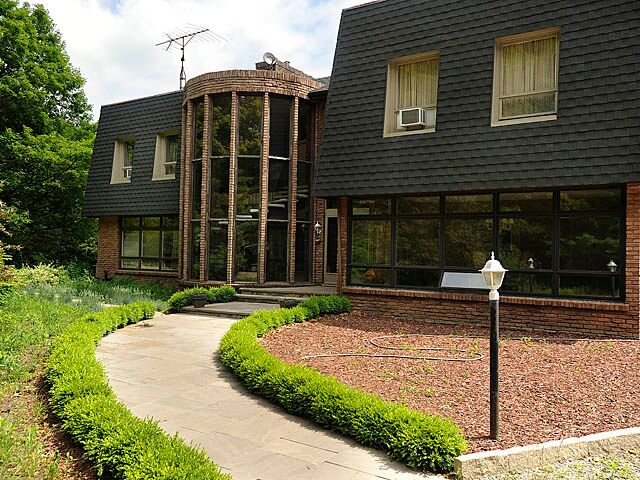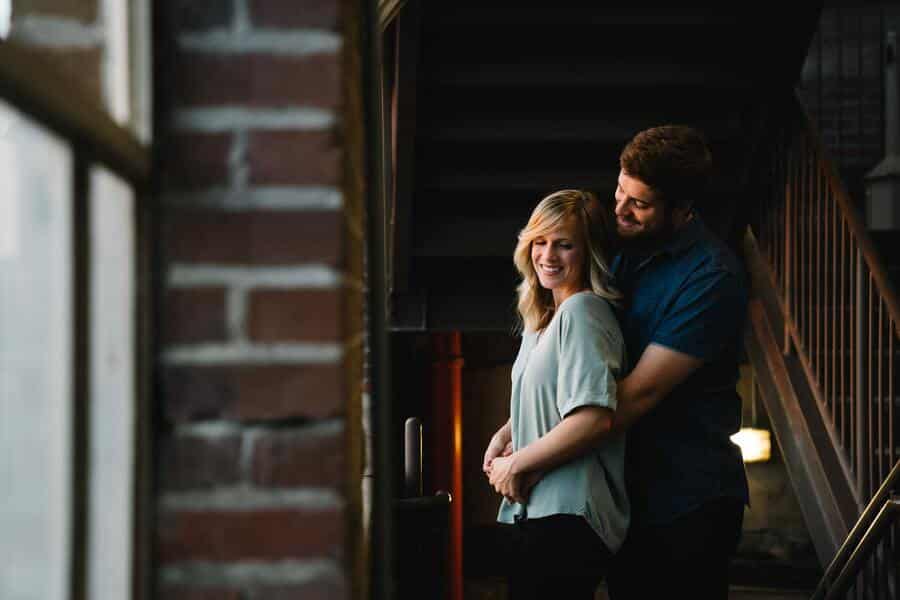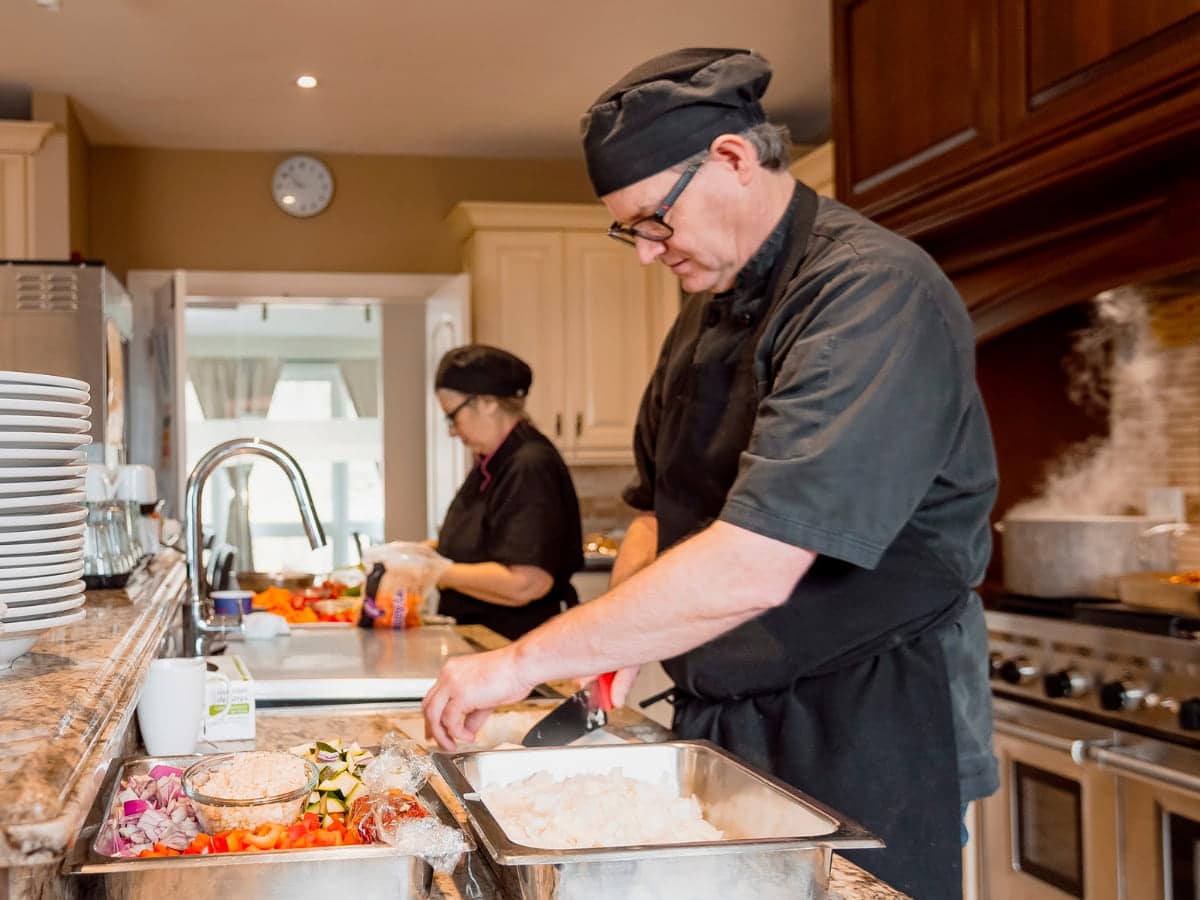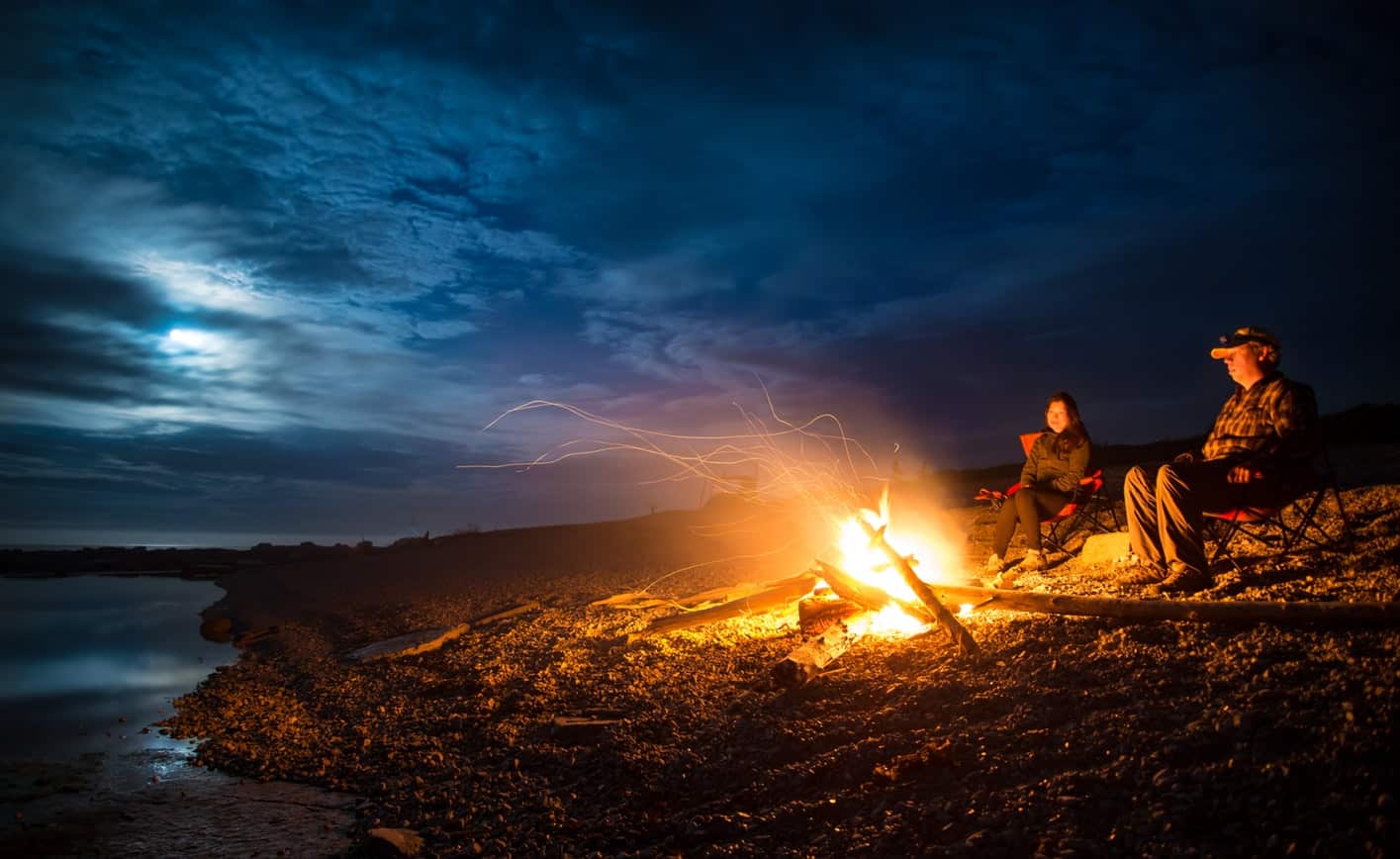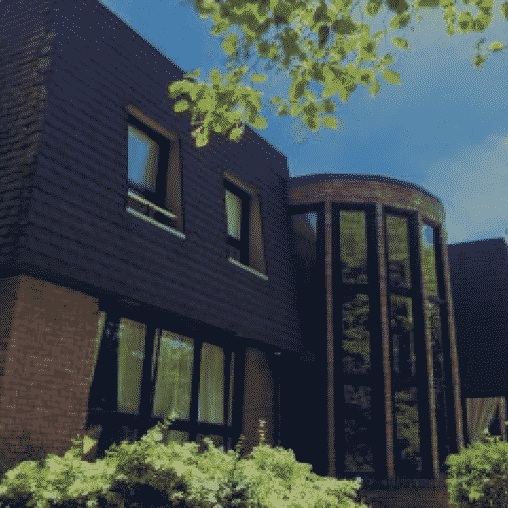Residential Addiction Treatment in Ontario, Canada
Our residential treatment facility offers you the highest possible standards of care, in an ideal homelike and private environment.
Through our treatment, our aim is to treat each individual uniquely and help overcome their substance use disorder, behavioural addictions or concurrent disorders.
Our team of accredited professionals are here to address all underlying issues that push the urge to use.
Our goal is to provide quality services unique to each individual’s case because it is never a one size fits all type of situation.
We treat the entire person and help to find healthy ways to cope with addiction.
This means we address the concurrent disorders (the underlying mental health issues) fuelling your addiction.
We provide extended support to your family and loved ones, through focused and personalized care. Our qualified team is here to give you the professional treatment advice that you need.
We also offer yoga, fitness facility, recreational activities and somatic sessions all to help you to heal your mind, body and soul.
- Stay As Long As You Need: Our CARF-accredited core inpatient addiction treatment program is 42-day long and has a high rate of success because patients receive long-term, individualized care. We also offer longer stays, depending on each individual’s recovery needs.
- No Referral Needed: You do NOT have to be referred by a doctor or other clinical professional to be admitted to our inpatient treatment programs.

